Keywords: Youth Detention
-
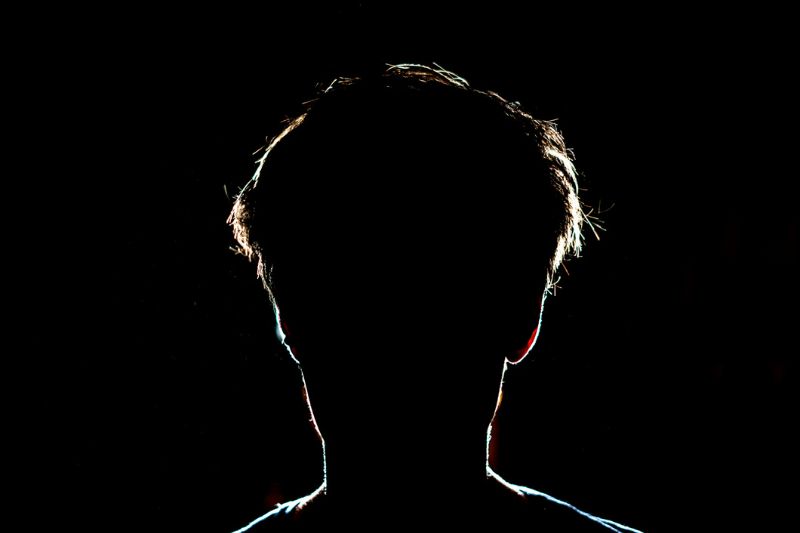
AUSTRALIA
- Binoy Kampmark
- 31 October 2024
3 Comments
Two narratives dominate Australia’s view of children. The first casts them as dangerous, irredeemable offenders. The second, as vulnerable innocents threatened by risks online. Both anxieties reveal deep-seated tensions over safety, innocence, and societal responsibility.
READ MORE
-
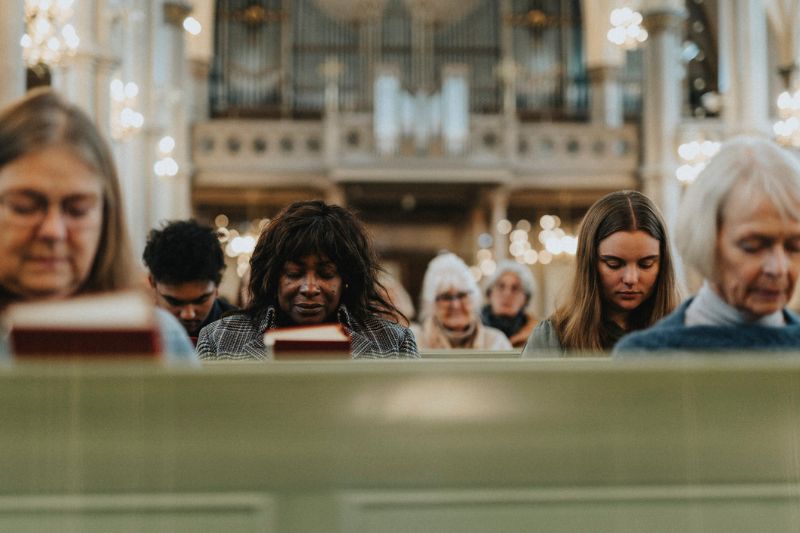
RELIGION
- Elizabeth Young
- 15 August 2024
12 Comments
Copious research has demonstrated the historical existence of women deacons, including St Phoebe, the only person in scripture with the descriptor Deacon. So how far off is Australia from ordaining women deacons?
READ MORE
-
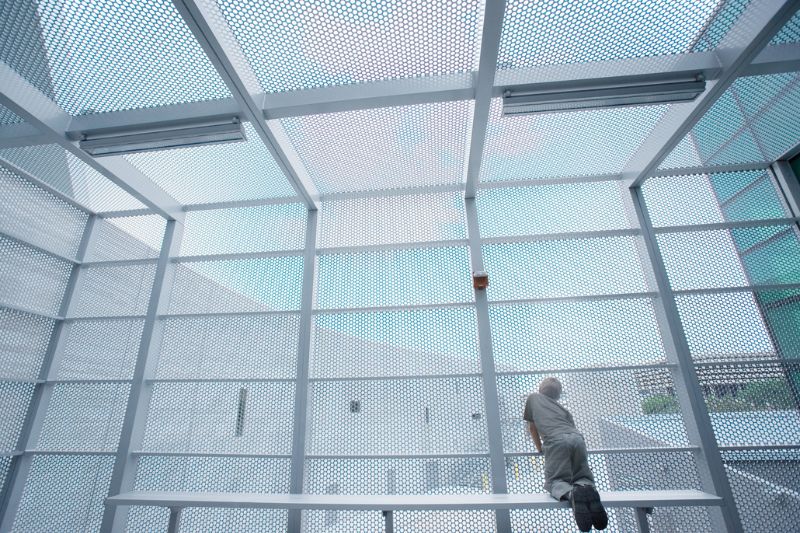
AUSTRALIA
- Andrew Hamilton
- 08 May 2024
3 Comments
With the Queensland Government changing the Youth Justice Act, detention of children will no longer be seen as a last resort, causing widespread dismay among youth justice advocates. It invites reflection on what we should expect when we advocate for a cause, ranging from climate change to perceived injustice, and how we should evaluate our efforts.
READ MORE
-
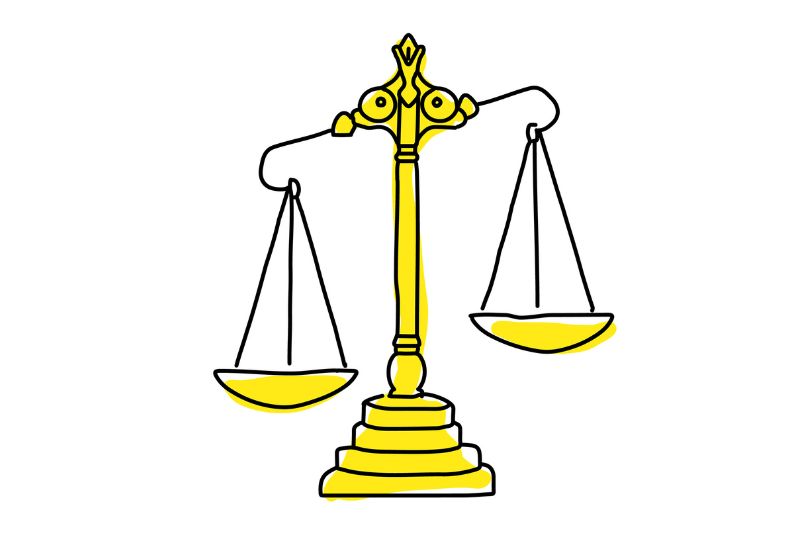
AUSTRALIA
- Andrew Hamilton
- 04 April 2024
1 Comment
This week, the Federal Government quickly introduced a new policy in response to a recent High Court decision that prevents them from indefinitely detaining a small number of individuals they wish to remove from Australia.
READ MORE
-
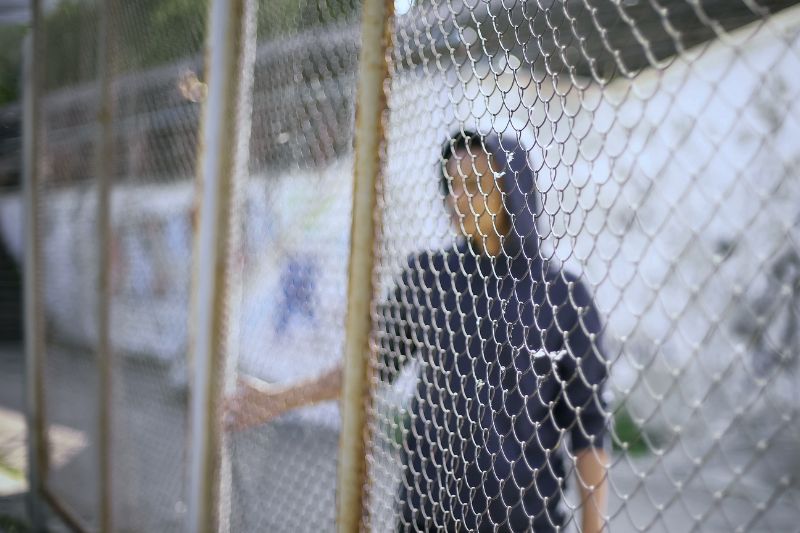
AUSTRALIA
- Andrew Hamilton
- 28 March 2024
2 Comments
As a response to a wave of youth crime, some State Governments and Federal politicians have committed to policies that neglect the human reality of the young people concerned. This will likely have negative consequences both for those immediately affected and for society at large.
READ MORE
-
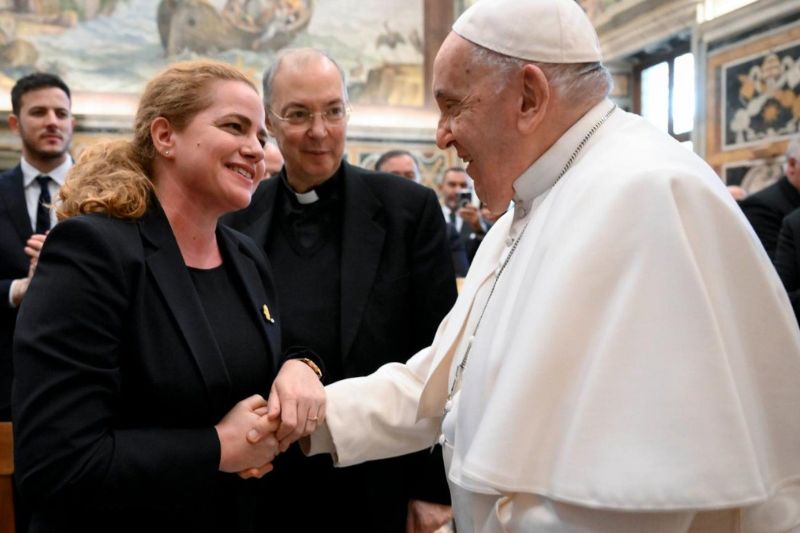
AUSTRALIA
- David Halliday, Michael McVeigh, Laura Kings, Michele Frankeni, Andrew Hamilton, Julian Butler
- 21 December 2023
10 Comments
To close the year for Eureka Street, the editorial team wanted to nominate who we considered to be the Eureka Street ‘person of the year’ based on this year's newsmakers.
READ MORE
-
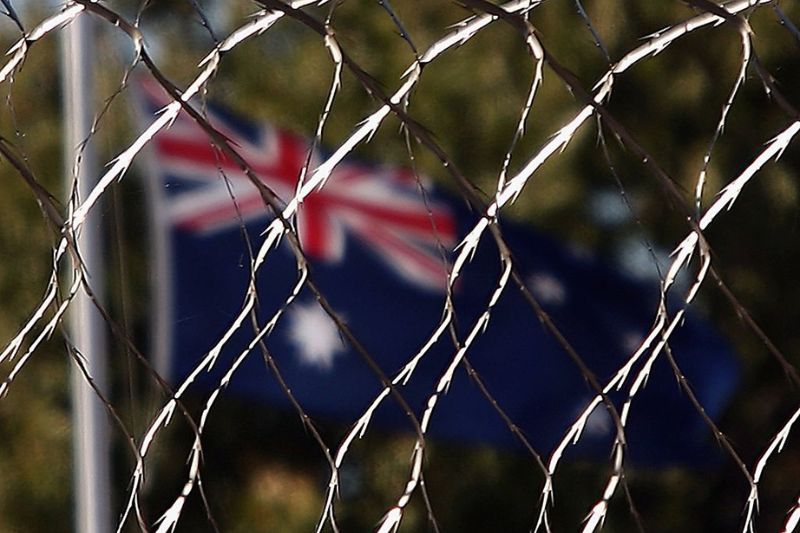
AUSTRALIA
- Andrew Hamilton
- 21 September 2023
In a better world, people who seek protection in Australia and people removed from prison would not be detained in the same detention centres. But the grounds for differential treatment are not based on the difference between guilty and innocent people; between asylum seekers and 'hardened criminals'. Both groups are worthy of respect and compassion.
READ MORE
-
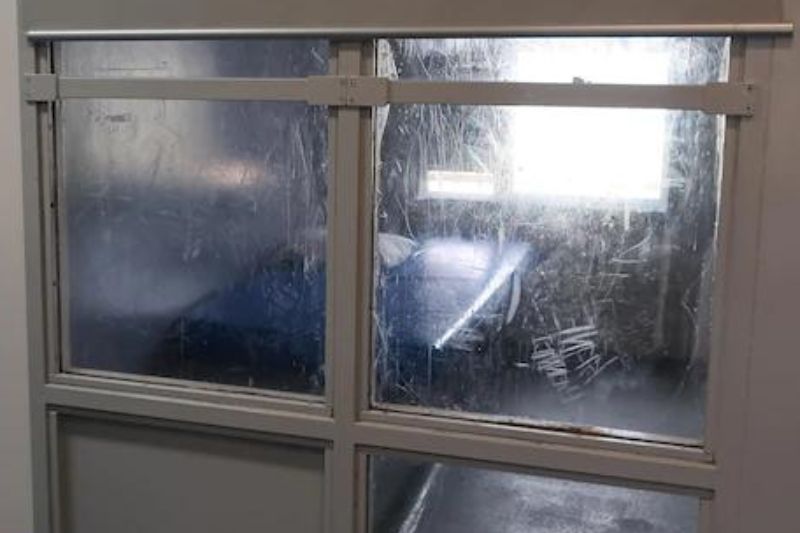
AUSTRALIA
- Andrew Hamilton
- 20 July 2023
1 Comment
A Supreme Court judge in Western Australia has banned solitary confinement at Banksia Detention Centre, shining a light on the controversial practices within the nation's juvenile justice centres. Yet, public response remains muted despite the troubling revelations, raising concerns about systemic failures, the need for empathy and societal responsibility towards our youth.
READ MORE
-

INTERNATIONAL
- Julian Butler
- 20 June 2023
1 Comment
In the midst of societal debates about crime, rehabilitation, and policing, unexpected voices often surprise us, leading to thoughtful and transformative discussions. A conversation about youth crime between an ABC presenter and the Secretary of the Police Association challenges preconceived notions about youth justice and rehabilitation, paving the way for compassionate responses and a more humane society.
READ MORE 
-
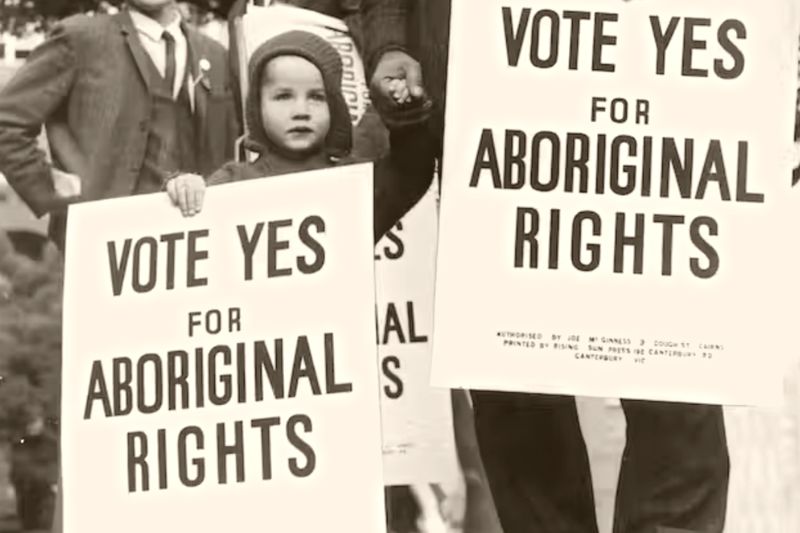
AUSTRALIA
- Frank Brennan
- 05 June 2023
19 Comments
The wording of the proposed change to the Australian Constitution to enshrine a First Nations Voice might not be perfect. But whatever the imperfections and the risk of future complications, it is high time that Australia’s First Peoples were recognised in the Constitution in a manner sought and approved by a broad cross-section of Indigenous leaders.
READ MORE
-
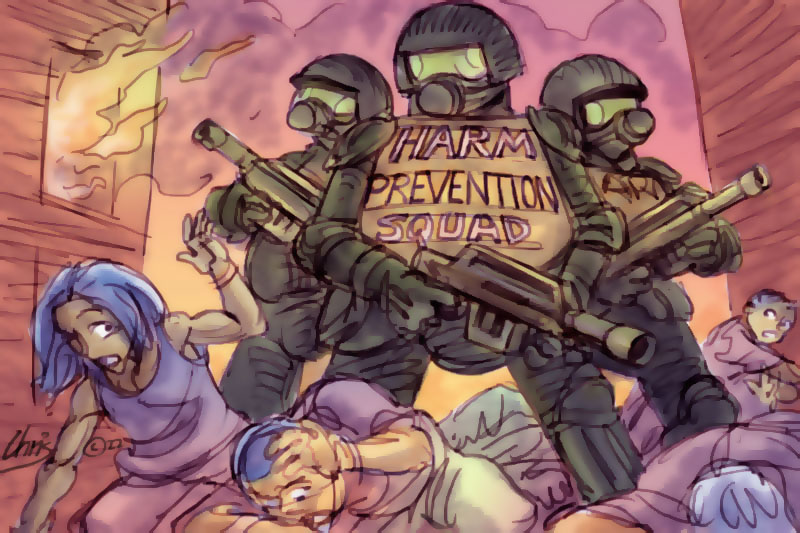
INTERNATIONAL
- Kirsten Han
- 29 March 2023
1 Comment
Singapore's notoriously strict drug laws mean that people caught with over a certain amount of drugs face the death penalty. While the Singaporean government claims its policy deters drug trafficking, critics say there is no evidence that the death penalty is effective, arguing that these policies do not address the root causes of drug use and addiction.
READ MORE
-
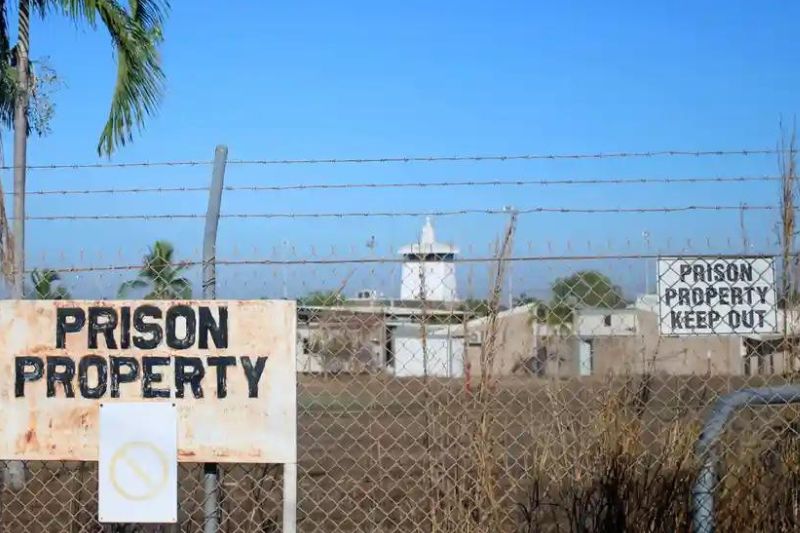
AUSTRALIA
- Binoy Kampmark
- 17 November 2022
1 Comment
Australia’s ratification of the Optional Protocol to the Convention Against Torture and other Cruel, Inhuman or Degrading Treatment or Punishment (OPCAT) came about as a reaction to the abuses recorded at the Northern Territory’s Don Dale youth prison. To monitor compliance with OPCAT, UN independent inspection teams are permitted to conduct unannounced visits to any place where people are deprived of liberty. But on October 24, a Corrective Services NSW spokesperson announced that inspection teams were ‘refused entry without incident’.
READ MORE 